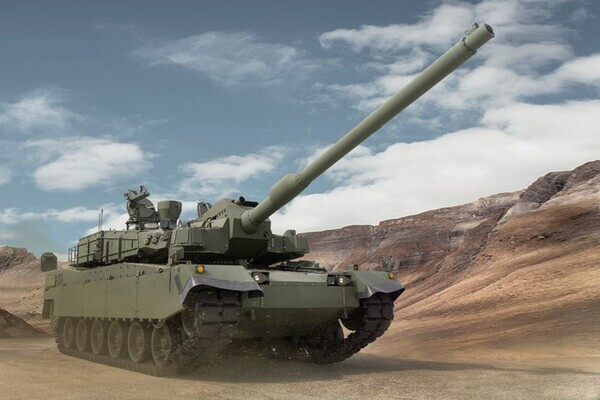
Seoul, South Korea – South Korea is aiming to revamp its defense industry ecosystem to enhance global competitiveness, according to a new report by the Korea Institute for Industrial Economics & Trade (KIET). Despite recent export growth and a positive cycle of increased production and employment, the nation's defense industry remains largely confined to a traditional ecosystem dominated by a few large domestic companies.
The report, titled "Recent Trends in the Global Defense Ecosystem and Measures to Foster an Innovative K-Defense Ecosystem," revealed that in 2022, only 12% of South Korea's defense sales came from exports. Additionally, a small group of major defense companies accounted for a significant portion of the total revenue (71%) and exports (92%).
KIET noted that the participation of small and medium-sized defense enterprises and advanced civilian technology companies in the defense industry remains limited. The government-funded research institutes, such as the Agency for Defense Development (ADD), the Defense Acquisition Program Administration (DAPA), and the Defense Technology Promotion Agency (DTPA), continue to dominate defense research and development (R&D) projects.
Comparing South Korea's defense ecosystem to that of the United States, which was rated 100, KIET's 2019 survey found that South Korea scored only 60.
In response to the ongoing Russia-Ukraine conflict, both the United States and the European Union (EU) have accelerated efforts to strengthen their defense industrial bases. The US unveiled its first-ever National Defense Industrial Strategy (NDIS) in January, aiming to modernize its post-Cold War defense ecosystem. Similarly, the EU released its European Defense Industrial Strategy (EDIS) in March, signaling its commitment to bolstering the European defense industry.
KIET emphasized the need for South Korea to follow suit and establish a more innovative defense ecosystem. The report suggested several measures to achieve this goal, including:
Expanding the pool of innovative entities: Encouraging a wider range of companies, including those specializing in defense products or services, to participate in the industry.
Securing a sufficient workforce: Addressing the shortage of skilled personnel in the defense sector.
Strengthening the supply chain: Enhancing the resilience of the supply chain by developing advanced materials and components.
Ensuring the sustainability of defense exports: Implementing policies to promote long-term defense exports.
Reinforcing defense cooperation with allied nations: Strengthening partnerships with friendly countries.
Expanding financial support and incentives: Providing more financial support and incentives to the defense industry.
"Given the recent global trends in defense ecosystems, South Korea should adopt a new vision of establishing a 'K-Defense innovation ecosystem' at the advanced country level," said Jang Won-jun, a research fellow at KIET's Growth Engine Industry Research Division. "To enhance global competitiveness, we need to implement stronger industrialization policies and build a broader ecosystem that includes private sector innovators."
[Copyright (c) Global Economic Times. All Rights Reserved.]






























